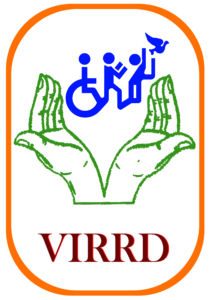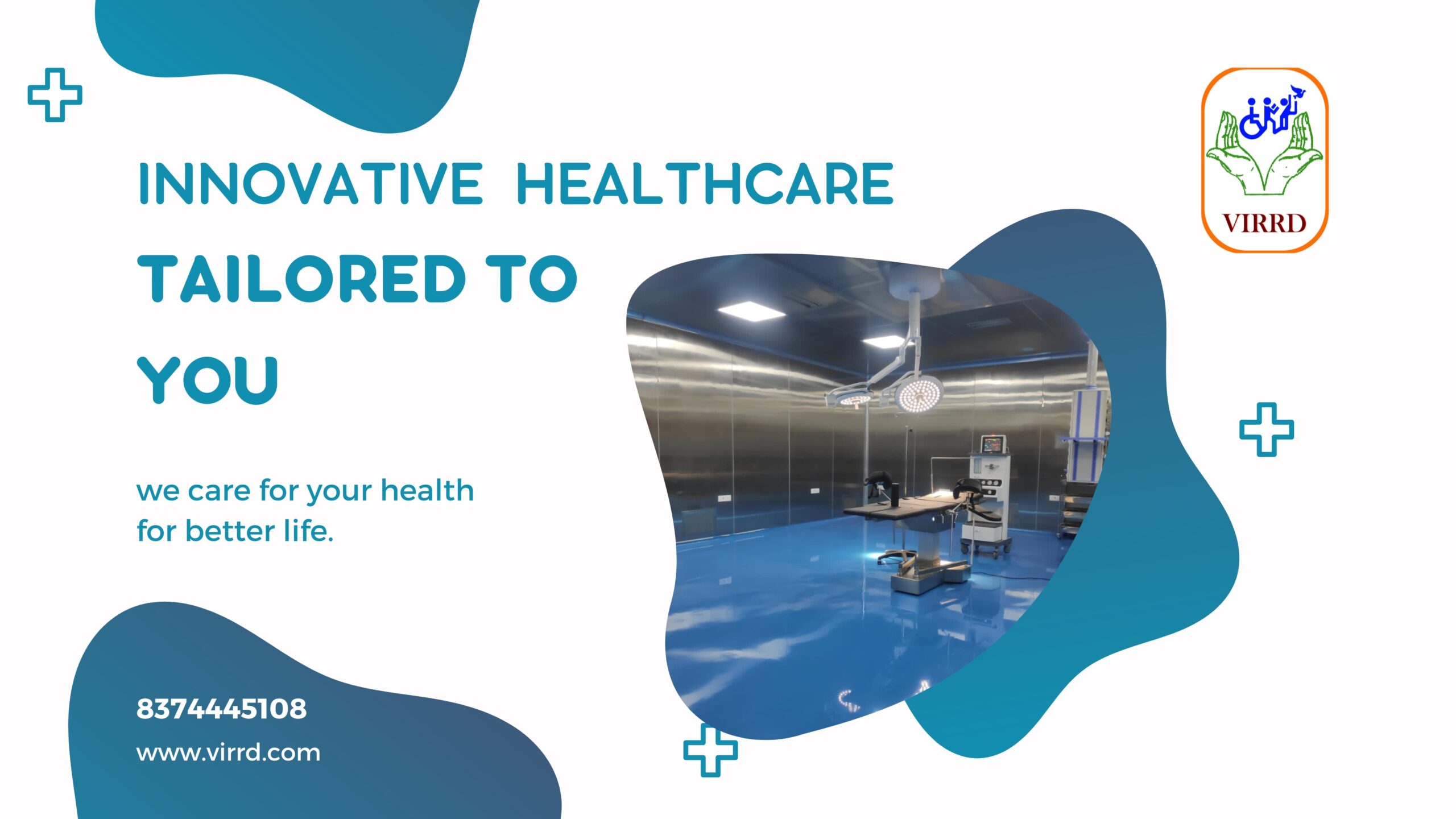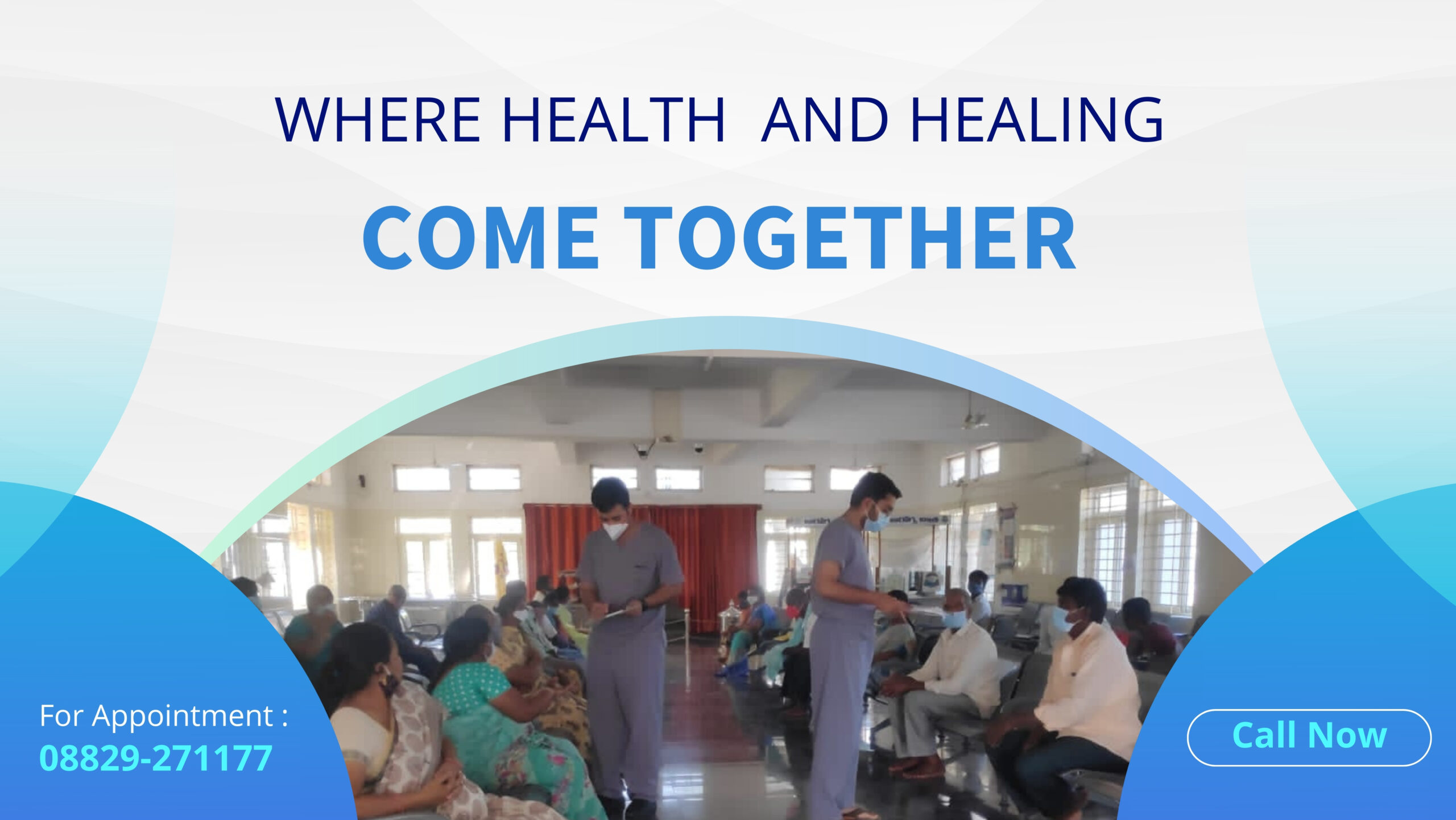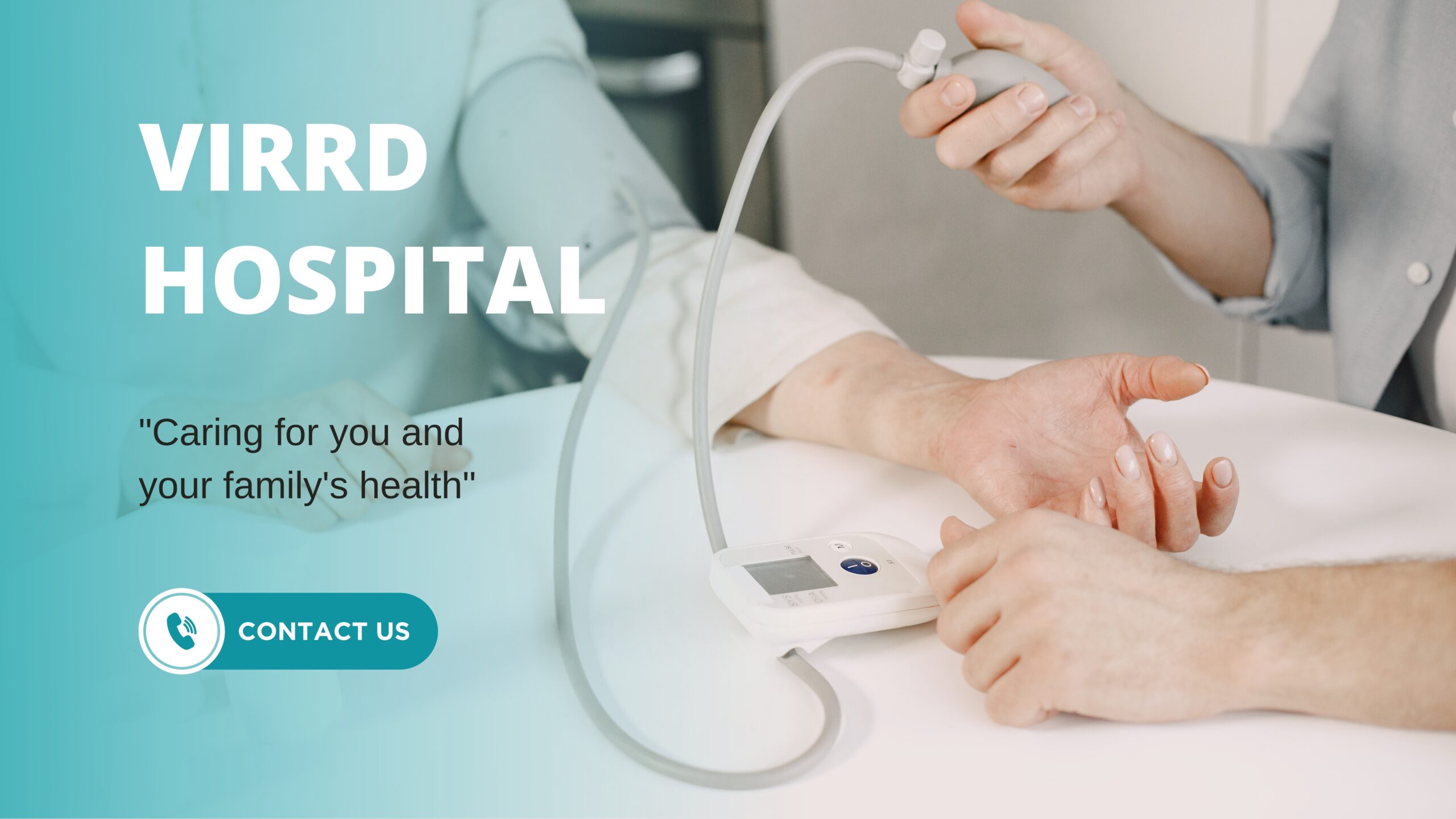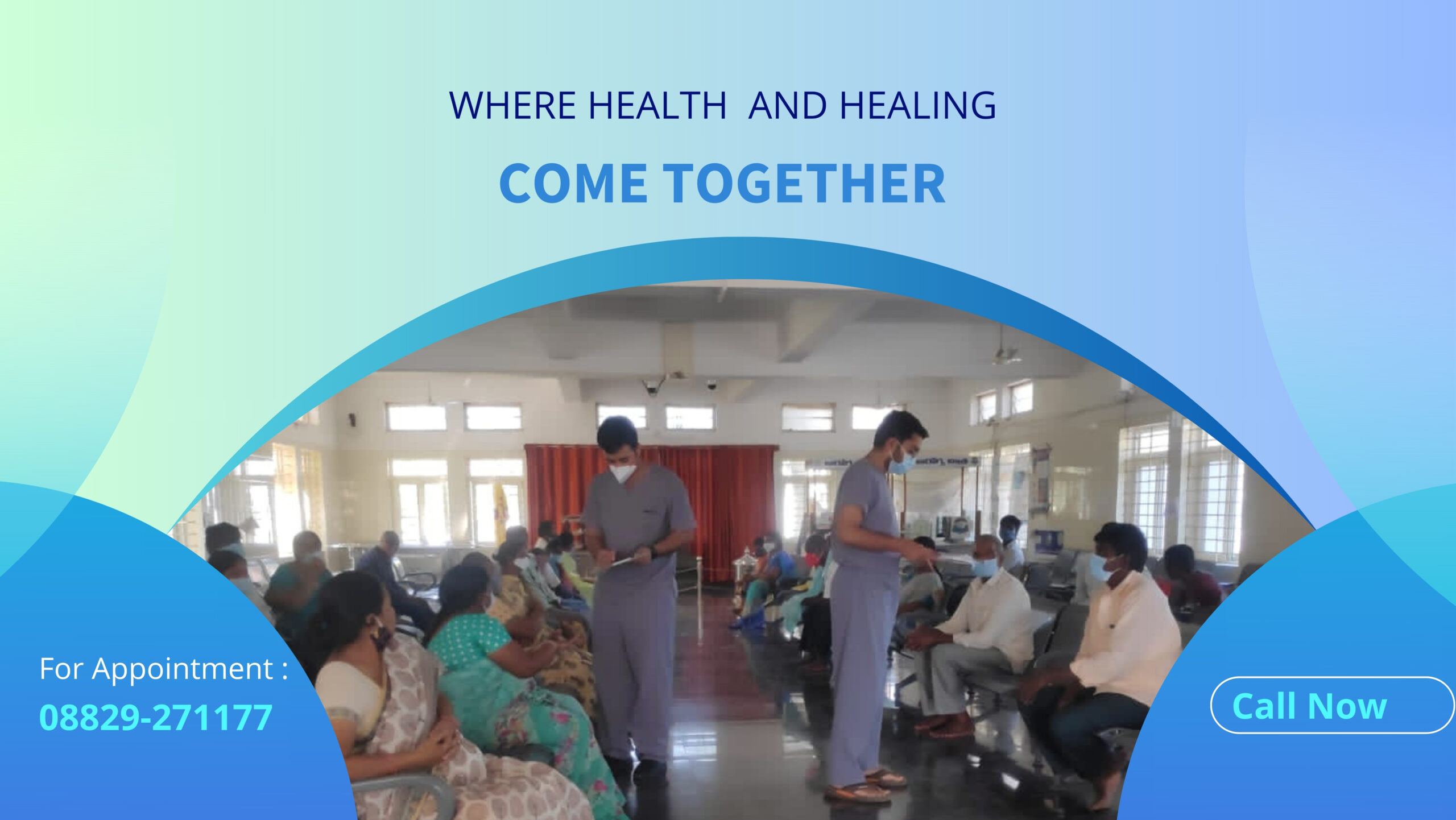SPECIALTIES @VIRRD
Dialysis Unit: Your Renal Sanctuary
- Introduction to Dialysis Unit
- Procedures
- Treatments and Surgery's
At VIRRD Hospital, we take pride in our state-of-the-art Dialysis Unit, dedicated to providing exceptional care for patients with kidney failure and related conditions. Our Dialysis Unit is staffed with highly skilled nephrologists, specialized nurses, and technicians who are committed to delivering personalized and comprehensive treatment to enhance patients’ quality of life.
Cutting-Edge Dialysis Technology: We have invested in advanced dialysis machines and equipment to ensure the highest standards of care. Our dialysis machines are equipped with advanced features to optimize treatment efficiency and patient comfort. We maintain strict infection control measures and adhere to the highest safety protocols to ensure the well-being of our patients.
Expert Nephrologists and Healthcare Team: Our Dialysis Unit is led by a team of experienced nephrologists who specialize in kidney function and dialysis treatment. They work closely with our dedicated nursing staff and technicians to provide individualized treatment plans, monitor patient progress, and address any concerns or complications that may arise during dialysis sessions.
Comprehensive Dialysis Services: We offer various dialysis modalities to meet the unique needs of our patients. Our services include:
- Hemodialysis: Our unit is equipped to provide in-center hemodialysis, where patients receive dialysis treatments at the hospital under the supervision of our healthcare professionals.
- Peritoneal Dialysis: We offer peritoneal dialysis training and support for patients who prefer to undergo dialysis at home. Our team provides comprehensive education on the procedure, supplies necessary equipment, and ensures ongoing monitoring and care.
- Continuous Renal Replacement Therapy (CRRT): Our Dialysis Unit is equipped to provide CRRT for patients with acute kidney injury or critically ill patients who require continuous dialysis support.
- Vascular Access Care: Our experienced team specializes in the management and care of vascular access for dialysis, including fistulas, grafts, and catheters. We ensure proper assessment, maintenance, and intervention for optimal access function and long-term success.
Patient-Centered Approach: We understand that undergoing dialysis treatment can be challenging both physically and emotionally. That’s why we prioritize patient comfort, safety, and well-being throughout the entire dialysis process. Our compassionate healthcare team is dedicated to providing a supportive environment, addressing patient concerns, and promoting a positive dialysis experience.
Education and Lifestyle Support: We believe in empowering our patients with knowledge and supporting them in making informed decisions about their kidney health. Our Dialysis Unit offers comprehensive education on kidney disease, dialysis treatment, dietary guidelines, and lifestyle modifications to promote overall well-being and enhance treatment outcomes.
At VIRRD Hospital’s Dialysis Unit, we are committed to delivering exceptional care, utilizing advanced technology, and providing a patient-centric approach. Our goal is to help patients manage their kidney health, improve their quality of life, and support them throughout their dialysis journey
At our Dialysis Unit, we offer a range of procedures to meet the specific needs of patients requiring dialysis treatment. Our highly skilled medical team ensures that each procedure is performed with utmost precision, adherence to safety protocols, and personalized care. Some of the procedures offered at our Dialysis Unit include:
- Dialysis Catheter Placement: In cases where immediate dialysis is required, our nephrologists can perform a dialysis catheter placement procedure. A catheter is inserted into a large vein, typically in the neck or groin area, to provide temporary access for dialysis treatments.
- Fistula Creation: A fistula is a surgically created connection between an artery and a vein, usually in the forearm. This procedure allows for long-term access to the bloodstream for dialysis. Our skilled surgeons perform fistula creation surgeries, ensuring proper placement and optimal blood flow.
- Graft Placement: In situations where a patient’s blood vessels are not suitable for a fistula, a graft may be recommended. A graft is a synthetic tube used to create a connection between an artery and a vein. Our experienced surgeons perform graft placement surgeries, ensuring effective access for dialysis.
- Vascular Access Management: Our medical team specializes in the ongoing management and care of vascular access for dialysis. This includes regular assessments, monitoring, and maintenance of fistulas, grafts, and catheters to ensure proper function and minimize complications.
- Dialysis Treatment Sessions: We provide regular dialysis treatment sessions for patients based on their prescribed treatment plan. During these sessions, patients are connected to dialysis machines that remove waste products and excess fluid from their blood. Our skilled nurses and technicians closely monitor patients throughout the process to ensure safe and effective dialysis.
It is important to note that the specific procedures and treatment plans may vary depending on individual patient needs and medical conditions. Our dedicated medical team works closely with patients to determine the most suitable procedure and treatment approach, considering factors such as overall health, vascular access, and treatment goals.
At our Dialysis Unit, we focus on providing comprehensive treatments for patients with kidney failure and other related conditions. Our team of nephrologists, nurses, and technicians work together to deliver high-quality care and ensure optimal outcomes. Some of the treatments and procedures offered at our Dialysis Unit include:
- Hemodialysis: Hemodialysis is a common treatment for patients with end-stage renal disease. During hemodialysis, the patient’s blood is circulated through a dialysis machine that filters out waste products and excess fluid. The cleansed blood is then returned to the patient’s body. Our experienced dialysis team closely monitors each treatment session to ensure safety and effectiveness.
- Peritoneal Dialysis: Peritoneal dialysis is an alternative method of dialysis that involves using the patient’s own peritoneal membrane as a filter. A special fluid, called dialysate, is introduced into the abdominal cavity through a catheter. The dialysate absorbs waste products and excess fluid, which are then drained out of the body. Our team provides education and support for patients undergoing peritoneal dialysis, including assistance with catheter care and dialysate exchanges.
- Continuous Renal Replacement Therapy (CRRT): CRRT is a dialysis treatment option for critically ill patients who require continuous and gentle removal of waste products and excess fluid. It is often used in intensive care settings to manage acute kidney injury. Our specialized team is trained in performing CRRT and closely monitors patients to ensure their condition is effectively managed.
- Kidney Transplant Evaluation: For eligible patients, kidney transplantation may be an option to restore kidney function. Our nephrologists evaluate patients for kidney transplantation, assess their suitability for the procedure, and provide necessary guidance and referrals to transplant centers.
- Vascular Access Procedures: Adequate vascular access is crucial for successful dialysis treatments. Our team performs procedures such as dialysis catheter placements, fistula creations, and graft placements to establish reliable access points for dialysis. We also provide ongoing management and care for vascular access to ensure optimal function.
It is important to note that the specific treatment plan and procedures are determined based on each patient’s individual needs and medical condition. Our team takes a personalized approach to care, considering factors such as overall health, treatment goals, and patient preferences to deliver the most suitable treatment and achieve the best possible outcomes
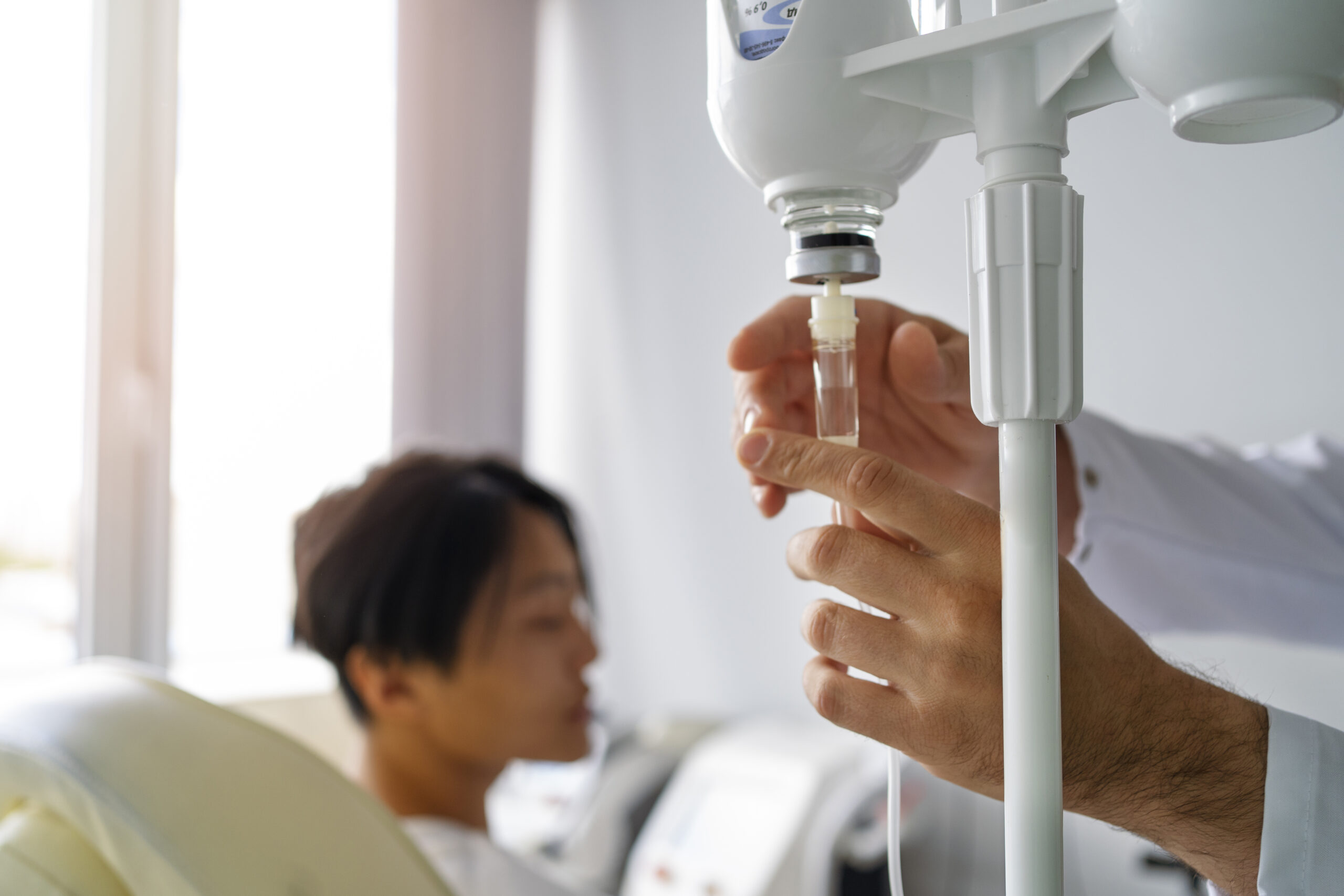
Dialysis Unit FAQs
Unveiling the Answers: Frequently Asked Questions
The frequency of dialysis depends on several factors, including your kidney function, overall health, and the recommendation of your nephrologist. Most patients require hemodialysis treatments three times a week, while others may be on a different schedule or undergo peritoneal dialysis.
Dialysis itself is not usually painful. During hemodialysis, you may experience a slight pinch or discomfort when the needles are inserted into your access site. Peritoneal dialysis involves inserting and removing the dialysate fluid, which may cause mild discomfort. Our healthcare team takes every measure to ensure your comfort during the dialysis process.
Hemodialysis sessions typically last around 3-4 hours, while peritoneal dialysis involves continuous treatment over several hours or overnight. The exact duration can vary depending on individual needs and prescribed treatment plans.
Many individuals on dialysis are able to continue working, depending on their overall health and the demands of their job. It is important to discuss your work situation with your healthcare team, who can provide guidance and support to help you manage dialysis treatments and maintain a balanced lifestyle.
Dialysis is a supportive treatment that helps manage kidney failure, but it does not cure the underlying kidney disease. However, it can significantly improve your quality of life and provide you with the necessary support until a kidney transplant becomes an option.
If you are interested in a kidney transplant, our nephrologists can guide you through the evaluation process. This may involve undergoing various tests and assessments to determine your eligibility and suitability for transplantation. Our team will provide detailed instructions and support throughout the evaluation process.
Our Doctors
Expert care from the best doctors in the field.
We are proud to have a team of highly skilled and compassionate healthcare professionals. Our doctors are experts in their respective fields and are dedicated to providing personalized care to each and every patient.
- Experienced and highly trained.
- Compassionate and patient-focused.
- Committed to providing exceptional care.
- Dedicated to improving patient outcomes.

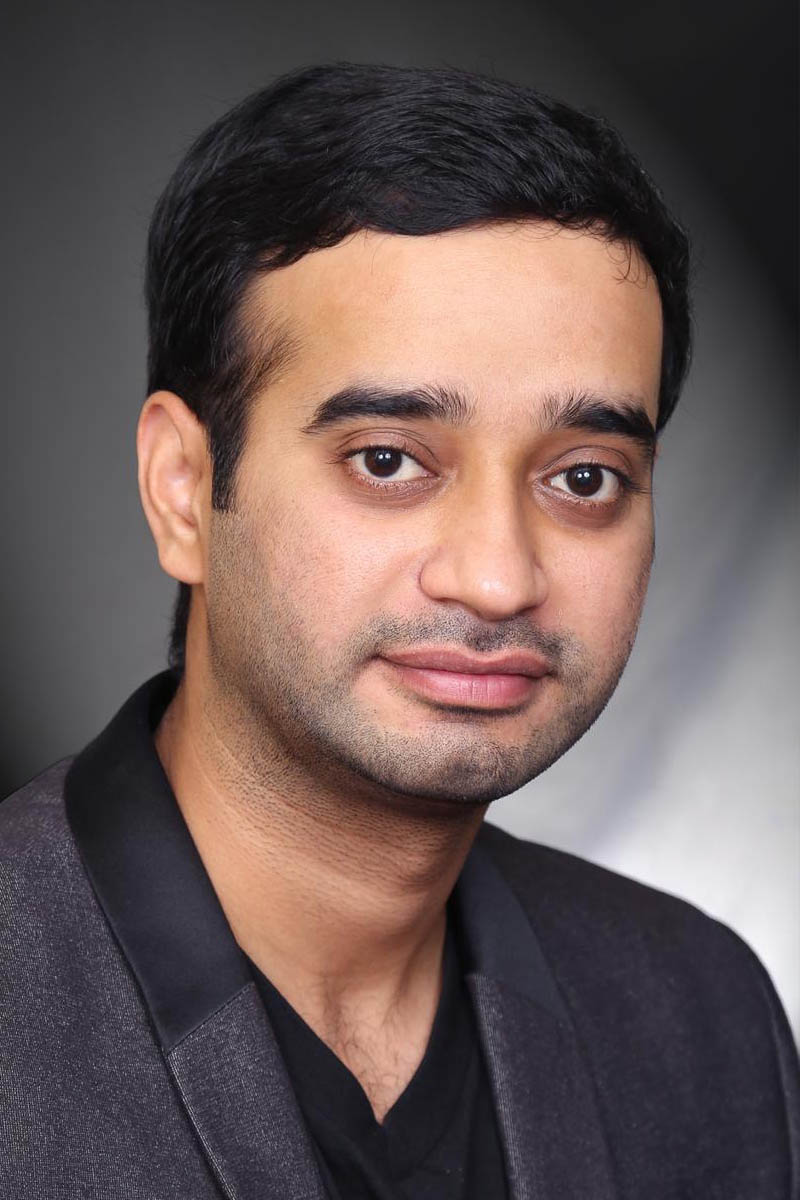




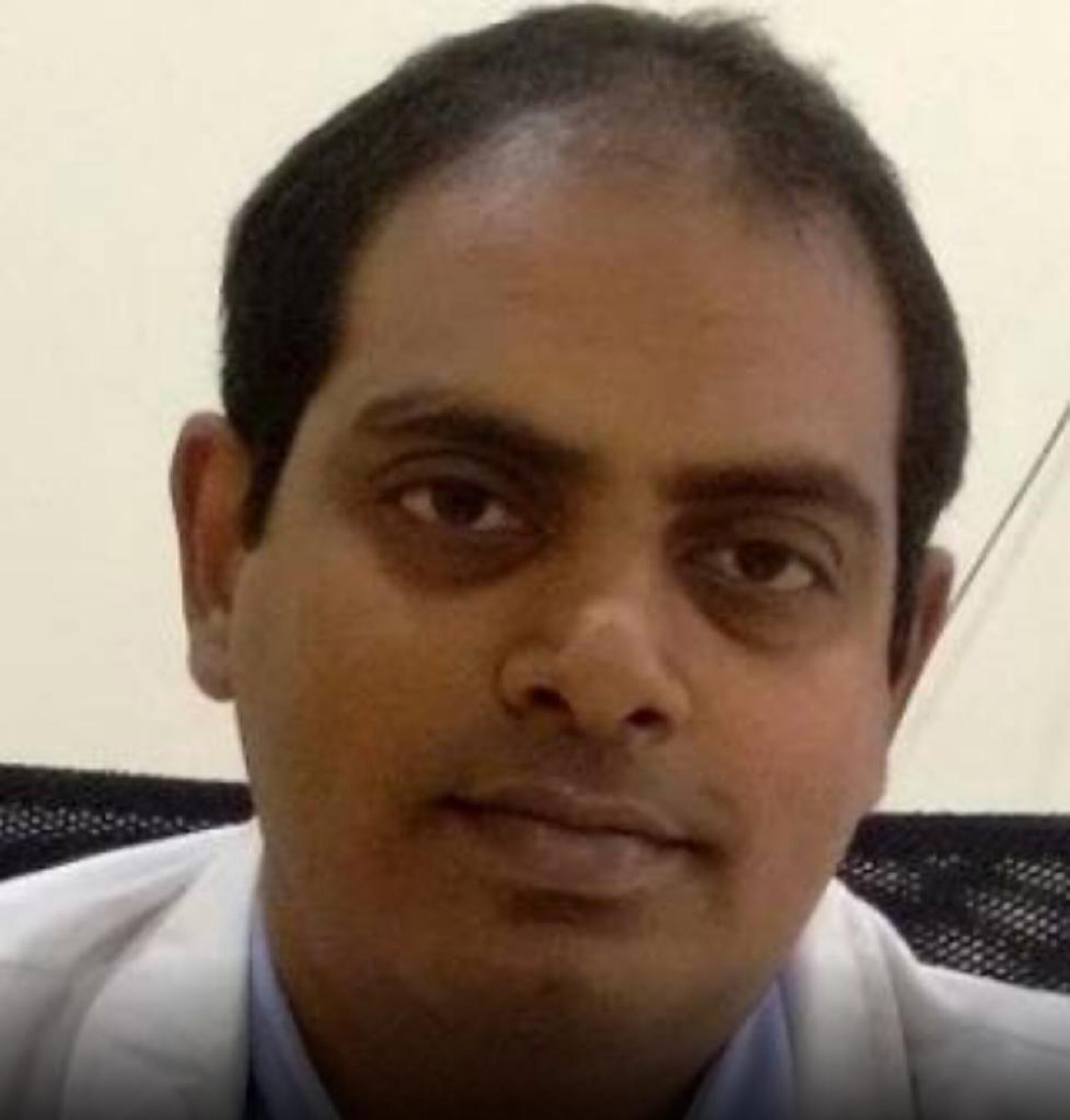
Doctor's talk
Discovering the World of Medicine through Doctors' Eyes
Understanding the Importance of Exercise for Orthopaedic Health
Introduction: As an orthopaedic doctor at VIRRD Hospital, I have witnessed the impact of exercise on musculoskeletal health firsthand. Many
Ensuring Comfort and Safety During Surgical Procedures
Introduction: As an anesthesiologist at VIRRD Hospital, I have the privilege of playing a crucial role in ensuring patient comfort
Restoring Mobility and Enhancing Quality of Life : Orthopedic
Introduction:As an orthopedic specialist at VIRRD Hospital, I have witnessed the transformative impact of orthopedic care on patients' lives. In
Restoring Health and Promoting Well-being : General Surgery
Introduction:As a general surgeon at VIRRD Hospital, I have dedicated my career to providing compassionate and comprehensive surgical care to
Empowering Lives Through Advanced Care and Innovative Solutions
Introduction:As a urologist at VIRRD Hospital, I am privileged to witness the positive impact that urology care can have on
